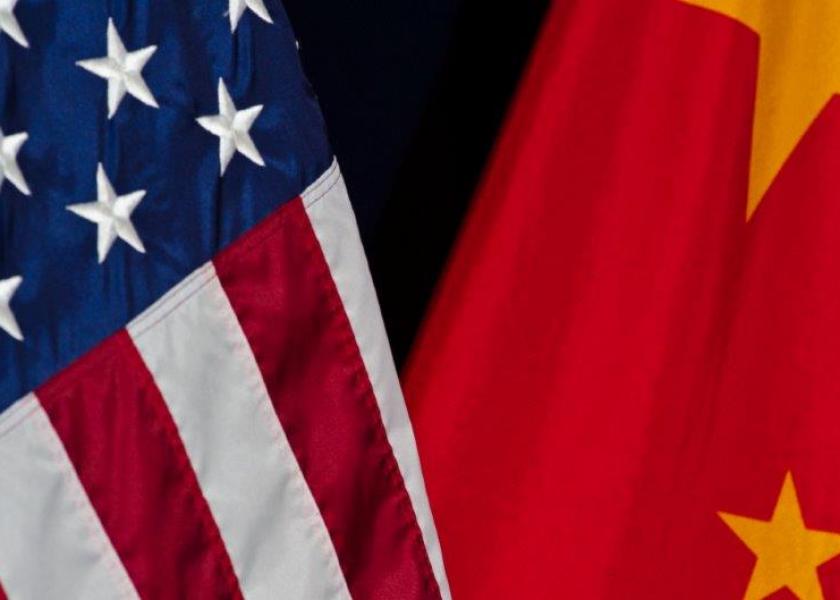China is Sneezing, Will it Give the U.S. Dairy Industry a Cold?

Headlines from the media outlets such as the Wall Street Journal frequently focus on the importance of the world market for milk and milk powder on the U.S. dairy industry, and specifically impact of the trade war with China. China is the leading importer of almost every major dairy product, and buys 27% of all traded dairy products on a milk solids basis, with the exception of cheese. China purchases 20% of U.S. dairy exports and nearly half of dry whey exports.
Even when China doesn’t purchase directly from the U.S., by purchasing milk from countries that compete with U.S. exports, it effectively influences U.S. prices. China’s milk consumption exploded in 2021 when the Dr. Zhong Nanshan (‘China’s Dr Fauchi’) declared that milk was essential to boost immunity and reduce the risk of Covid. In that year China’s increased consumption was equal to the total increase in global increase for the year.
The economic situation in China has changed dramatically, which I saw firsthand when visiting 9 weeks ago. Official figures suggest it is still growing but on the ground, there is plenty of evidence of a fragile economy. The latest numbers report that annualized growth at over 6% including the post-Covid bounce, but the last quarter clocked in at just 0.8%. 21.3% of 16-24 year-olds were unemployed before the government stopped reporting the numbers. I saw airplanes less than half full, and international flights quite empty. The very few visible foreigners were in the in the main cities, and almost completely absent in the smaller ones, and there were virtually no tourists. International hotels were cheaper and less busy, and the consumer data shows that the consumption of food and agricultural produce is shifting towards cheaper options. Trains however were overfull with local Chinese tourists going on holidays, and the price of the best baijiu (a specialty liquor) such as Maotai, maintains premium pricing. When I discussed economics with my Chinese hosts all agreed that tougher economic times are ahead, with a high possibility of a recession.
Exporters of food, agricultural commodities, or technology to China, will find demand continues to be weak and prices to be soft. For those who expected a strong bounce post-Covid this has been somewhat of a disappointment. The most optimistic Chinese business leaders that I met expressed the hope of a return to growth, but at a more moderate and steady low single digit level.
Dairy technologies that I saw with relevance beyond the Chinese market:
- Cameras are being used on dairy farms to control the need for misting/soaking to cool the cows, thereby reducing water waste and electricity usage.
- Chinese robots remove manure, push up feed and mix it to avoid sifting for Dairy cows, similar to those developed by Lely and DeLaval which you can find in the U.S.
- Smart systems to optimize electricity use on the farm, with load leveling, activating, and deactivating devices when not in use, etc.
While these Chinese technologies are exciting, they tend to emphasize solving specific Chinese farm and Chinese market problems, and with the continuing issues of the use of Chinese data technology outside of China, it is unlikely these innovations will be seen in North America or other western countries.
The Chinese dragon is sneezing, and their economy is certainly cooling down with a likelihood of an extended recession. While some may wonder if this is a positive thing from an overall U.S. economic perspective less consumption from the world’s leading food importer will result in a tough year for many food suppliers. The latest Ziskapp.com report shows that even with the current milk price, most larger farms in the U.S. with 1000 or more cows continue to project profits for the next 10-12 months, having locked in their milk at better prices. Whether those profits continue beyond that will depend in large part on the health of the Chinese economy.







